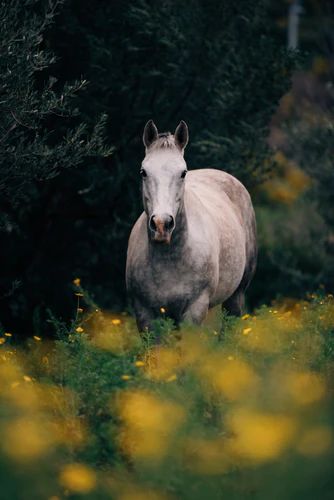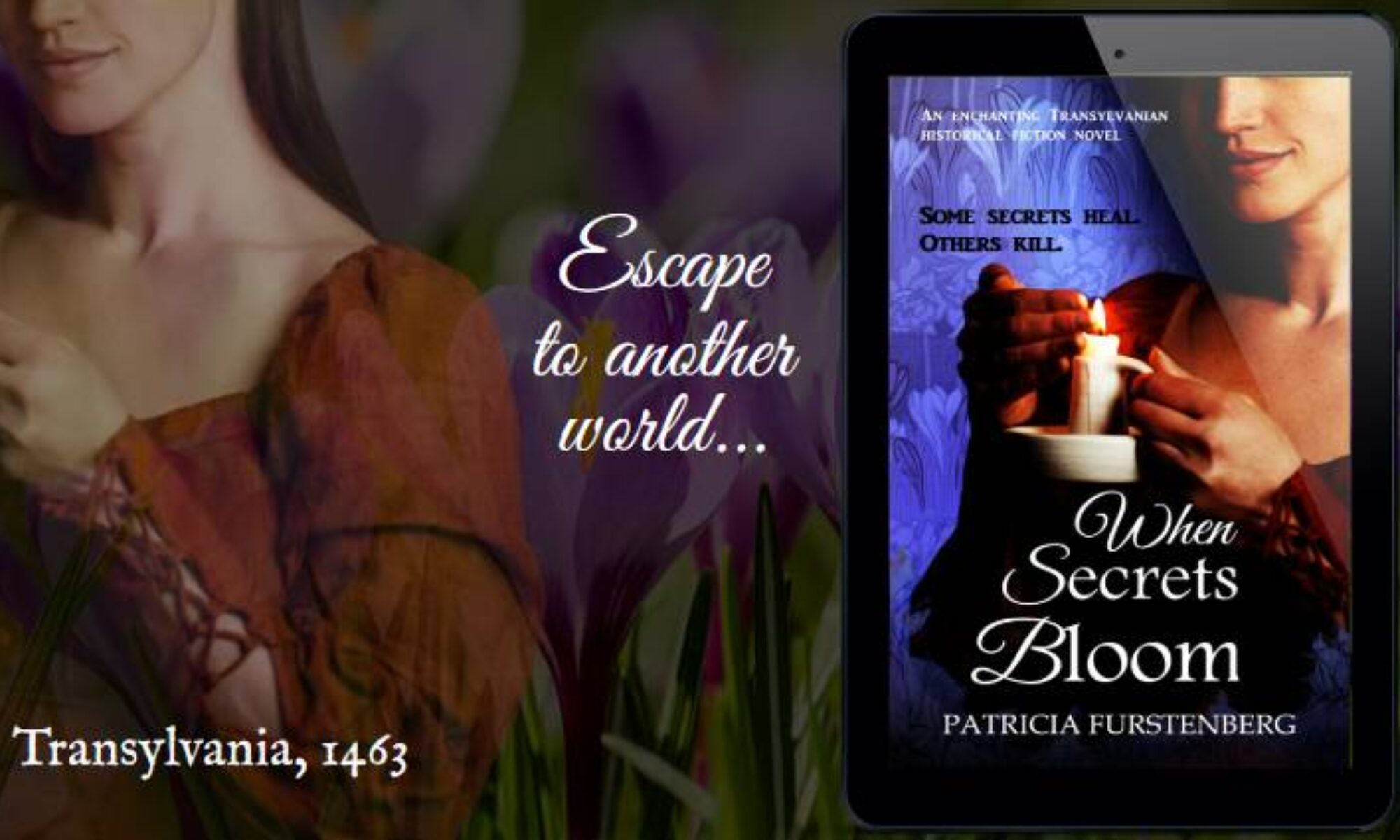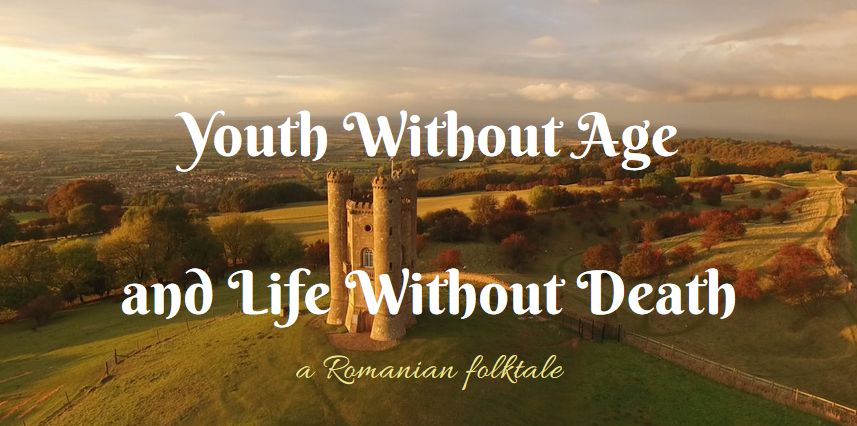If you enjoyed the eerie feeling and local color of Romanian folktale Emperor Aleodor you will love reading Youth Without Age and Life Without Death. Enjoy it and remember, the magic of Romanian folktales starts with the first words.
Youth Without Age and Life Without Death ~ part 1
Once upon a time long, long before anything happened… anything at all and whose likeliness ever occurred before… something did occur, for if it had not happened it could not be told…
When the flea had one foot shod with ninety-nine pounds of iron and still jumped into the glory of the sky to get us fairy stories… When the fly would write its name on the wall, a bigger liar being the one who doesn’t believe what he is told…
Once upon a time… There lived a mighty emperor and empress. Both were young and handsome, the emperor with a luscious mane on his head and a steady hand on his sword, the empress with rosy cheeks ans eyes that could thread a spider’s web through a dragonfly’s antennae… And as they desired the blessing of children they did every thing that was necessary to secure it, that is they went to the witches and philosophers and asked them to read them the stars to find out whether they would have children or not. And hopefully and patiently waited for their answer, the emperor taking deep breaths, the empress tapping her foot, hidden underneath her rich dress.
But it was all in vain.
Finally, the emperor heard that a very wise, and very old man – an union of traits that gave him hope – lived (imagine!) in a neighboring village. And he quickly, QUICKLY! sent for him. The messengers returned – a little shaky in the knees – with the answer: “Let him who needs me come to me.”
So the emperor and empress set out for the wise man’s house taking with them several of their courtiers, attendants, maids, lads, cook and kitchen aids with pots and pans… and soldiers. When the old man saw them in the distance, aglow with dust, he sighed, rose slowly and painfully – his knees all crackles and rales – and went to meet them. And said to the royal couple, at once:

“Welcome! But what do you want to know, oh, emperor, for your wish will bring you sorrow.”
The empress’ hand flew to her chest. Was that the rumble of a thunder she heard in the distance?
“I am not here to question you about that,” replied the emperor, “but to learn whether you have any plants you can give us that will bestow us the blessing of children.”
“I have,” the old man answered, “but you will possess only one child. He will be a handsome, lovable boy, yet you will not be able to keep him long.”
They rejoiced, the future parents, and like humans often do they chose to hear only half from what the wise, old man had told them. They took the good news.
After the emperor and empress had obtained the herbs they joyfully returned to the palace. The whole empire, the courtiers, and all the attendants rejoiced too. But when the hour of birth came, the child began to scream in a way no magic arts could silence it.
Scream, scream all he could, and not be born.
The emperor commenced to promise him all the good things the world contained, anything but to make the baby be silent and be born. Alas, it was impossible to quiet him.
“Hush, father’s pet,” said the emperor, “I will give you this or that kingdom. Hush, my son, I will give you this or that princess for your wife.” At last, when he saw the child would not stop yelling he added – his mouth mostly spoke without him, he will later remember – “Hush, my boy, I will give you youth without age and life without death.”
Then the prince stopped crying and was born.
The courtiers beat their drums and blew their trumpets, flags flew high, and there were great rejoicings throughout the empire for a whole week. The emperor paid.
Then, just like that, between sunrise and sunset, from one spring to the first snowfall, time flew.
The older the boy grew, the more thoughtful and reflective he became, handsome too. He went to the schools and the philosophers and gained every kind of learning, so that the emperor died of joy and came to life again with pride. The whole realm was proud of having a prince so wise and learned, so handsome and kind, a second King Solomon.
Then one day, when the lad had just reached his fifteenth year and the emperor sat at a banquet with the nobles and grandees of the country, the handsome prince rose, saying: “Father, the time has come. You must now give me that what you promised at my birth!”

When the emperor heard this he grew very sorrowful, even dropped his spoon, and answered with a dry mouth: “Why, my son, how can I give you an impossible thing as such? If I promised it to you then, it was only to hush you.”
“If you can’t give it to me, father, I shall be obliged to wander through the whole world till I find that what was promised to me, and for which I was born.”
Then all the nobles, the emperor too, fell at his feet and besought him not to quit the country because, as the courtiers said, his father was growing old, and they would place him on the throne and give him the most beautiful princess under the sun for his wife… And the empress asked too, but only with her eyes, the way a mother would.
But it was impossible to shake the prince’s resolution, he remained as firm as a rock.
Ah, well… After his father had seen and duly considered all these things, he gave his consent and prepared to supply the prince with provisions and whatever else he might need for his journey. For what else could he do?
The young hero (as people saw him now) went to the imperial stables where the finest steeds in the whole realm were standing, to choose one of them. But when he laid his hand on the horse’s tail and pulled, to test for strength and stamina, he knocked it down and so they all fell, one after another. At last, just as he was going out, he let his eyes wander around the stables once more and saw in one corner a sick, weak horse, covered with sores. He went up to it, and when he grasped it by the tail the animal turned its head, saying:
“What do you command, my master? I thank God that He has permitted a hero’s hand to touch me once more.”
And, planting its feet firmly, it remained standing. The young prince told it what he intended to do, and the horse replied:
“To fulfill your wish, you must ask your father for the sword, lance, bow, quiver of arrows, and garments he himself wore in his youth. And you must take care of me with your own hands for six weeks and feed me oats boiled in milk.”
When the prince asked the emperor for the articles the horse had advised the monarch called the palace chamberlain and ordered him to open all the chests of clothing, that his son might choose what he pleased.
The young hero, after rummaging though them for three whole days, at last found at the very bottom of an old trunk the weapons and garments his father had worn in his youth, but the weapons were covered with rust. He set to work to clean them with his own hands and in six weeks, during which the time he was taking care of the horse too, he succeeded in making the weapons as bright and shining as a mirror.
When the horse heard from the handsome prince that the clothes and arms were cleaned and ready, it shook itself once. All the sores instantly fell off and there it stood, a strong, well-formed animal, with four wings. When the hero saw this, he said:

“We’ll go in three days!”
“May you have a long life, master. From to-day I shall be at your service,” the horse answered.
~ Read part 2 here ~
Youth Without Age and Life Without Death (Tinerete Fara de Batranete si Viata Fara de Moarte) is a Romanian folktale discovered by Petre Ispirescu, Romanian editor, folklorist, printer and publicist, and first published in 1862 in local newspaper Țăranul român (Romanian Peasant).



I grew up with this story, at that time I didn’t understand the lessons in it….but now I do! Wonderful story!
I did too. I remember how the ending always freaked me out. Nevertheless, I would read it again 🙂
True about its lessons…
Iti multumesc mult pentru vizita, Andrada 🙂 Numai bine xx
❤️
Thanks Patricia, This is a lovely idea, and I love the story – not heard it before. Thanks for sharing. 🙂
‘Youth Without Age and Life Without Death’ is a classic Romanian folktale.
Romanian folklore is rich and diverse, but its folk stories are not as wide spread as Grimm’s or Andersen’s outside the borders.
I have a rather intriguing blog post coming out this Saturday and I needed to post this story ahead of it as I do use it as a reference. 🙂 Stay tuned 🙂
Be safe, Maretha. Thank you for stopping by. xx
Thanks Patricia, I’ll make a special effort to look out for your post, then. Kind regards
I have not heard this tale. Looking forward to part 2!
Oh, I am thrilled it interests you, Priscilla.
Romanian folktales have unique themes and symbology.
Thank you and best wishes xx
love this! many thanks — waiting for more… 🙂